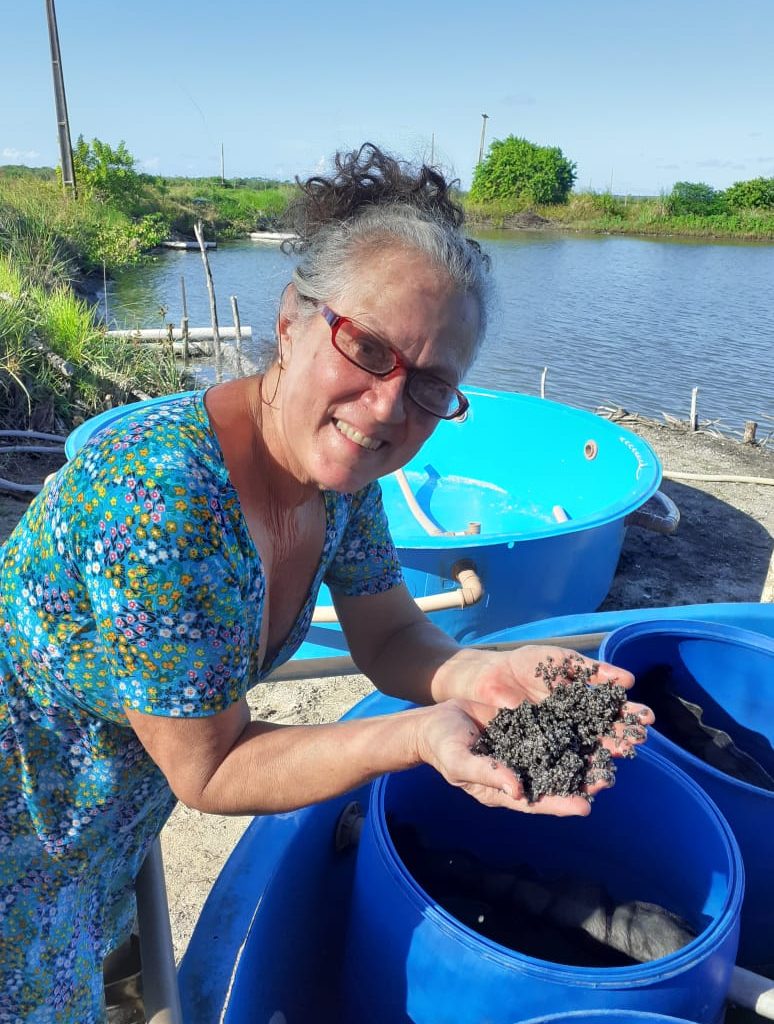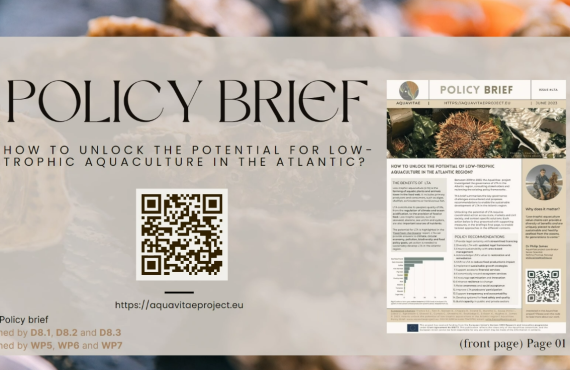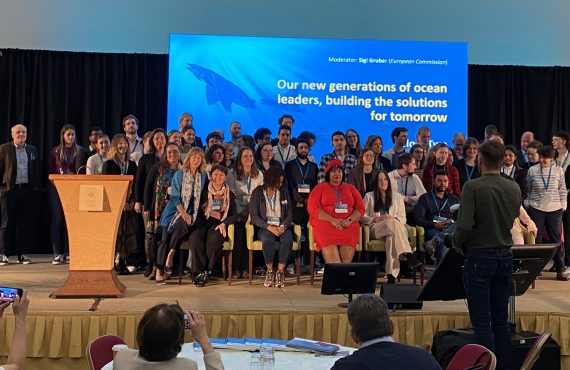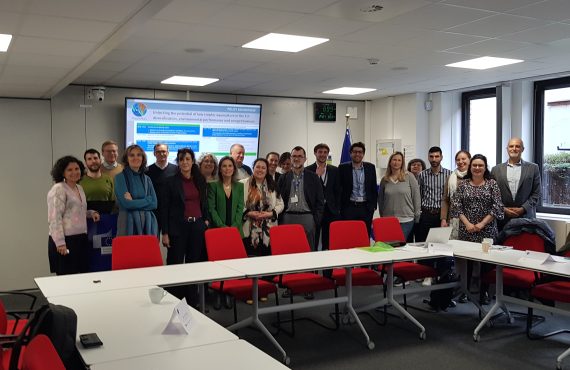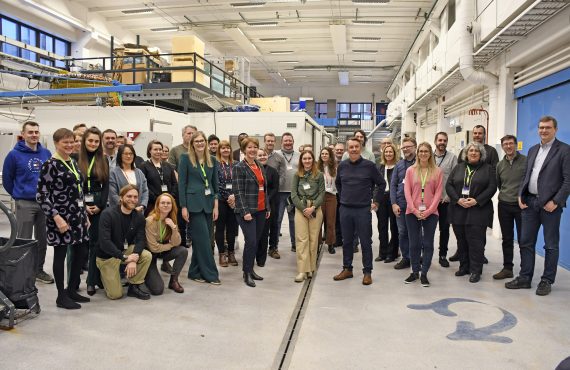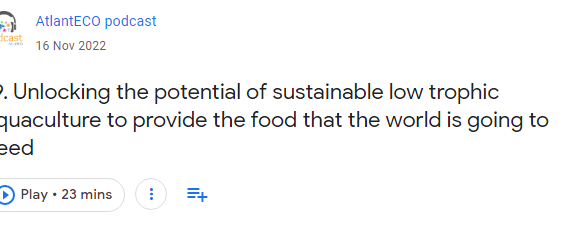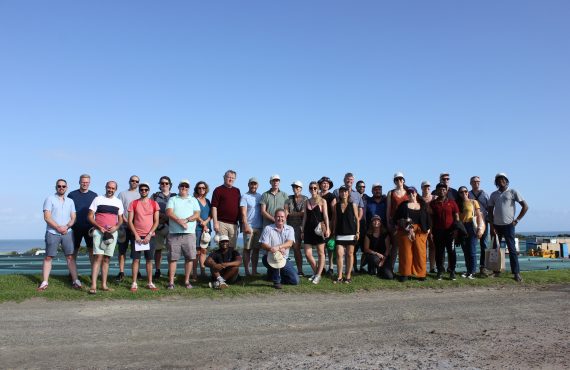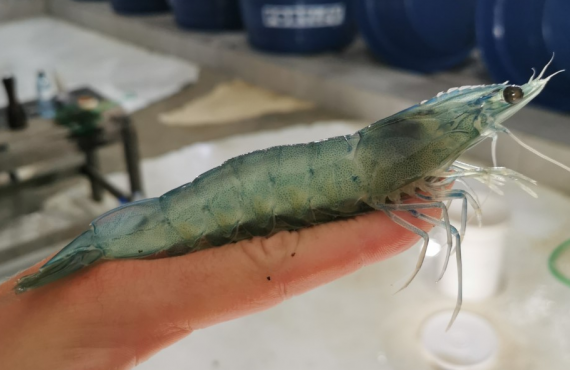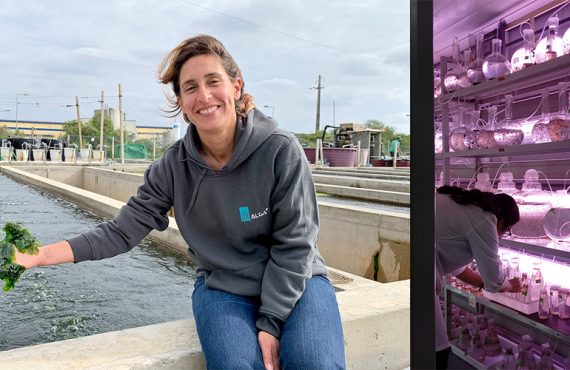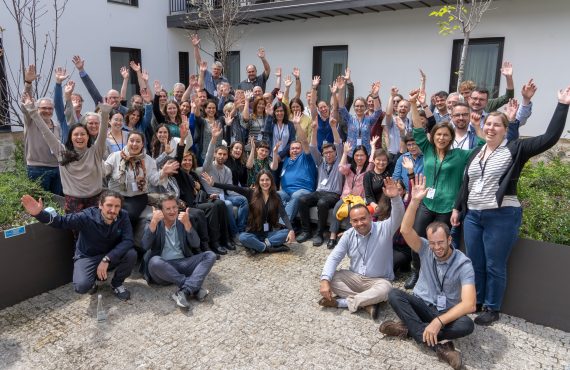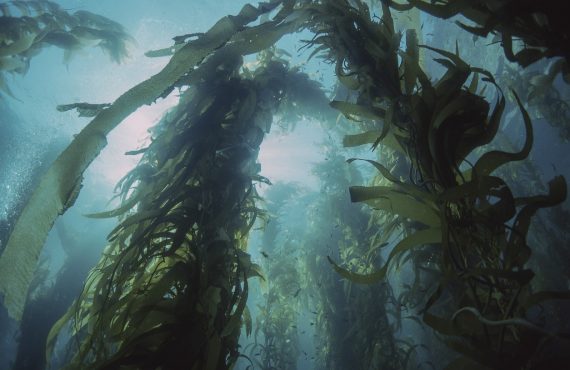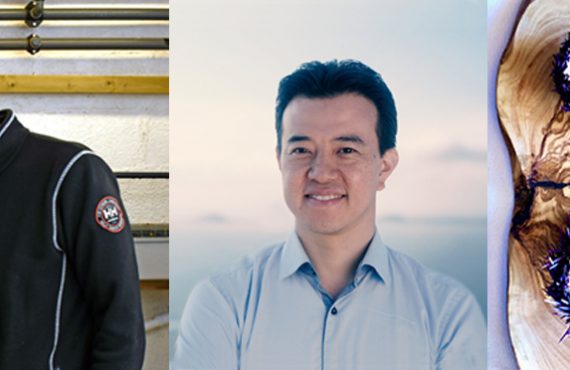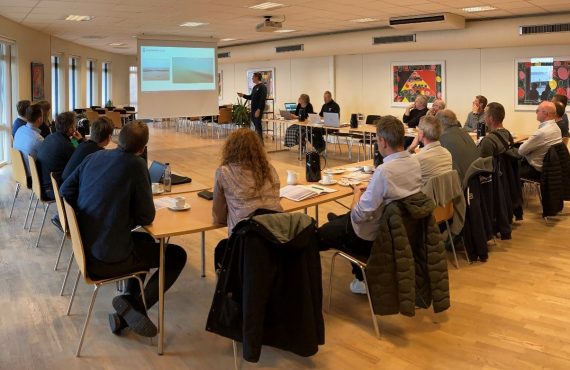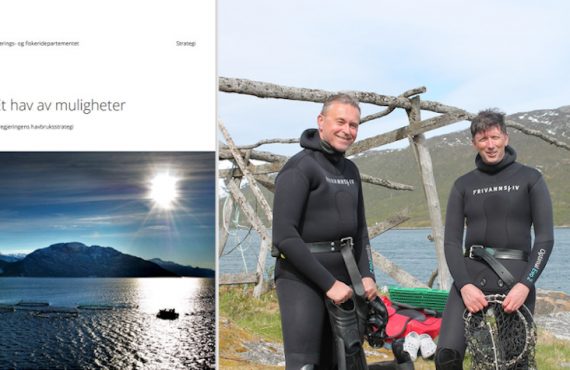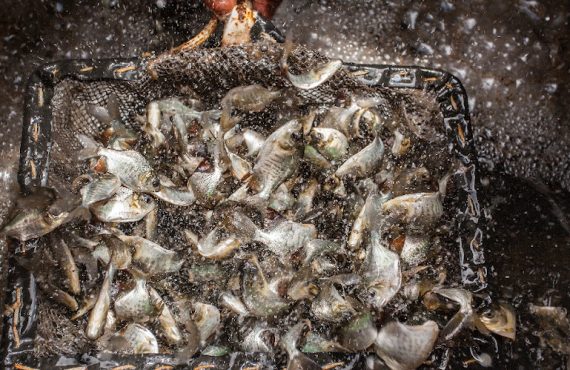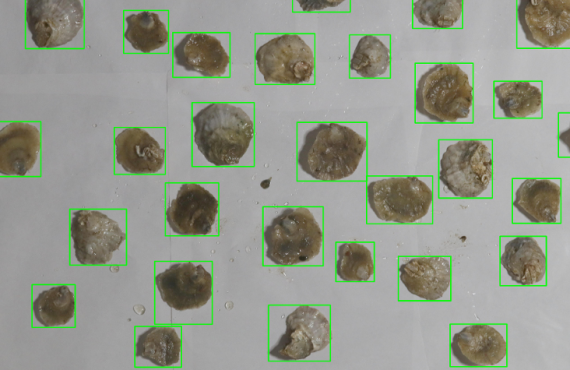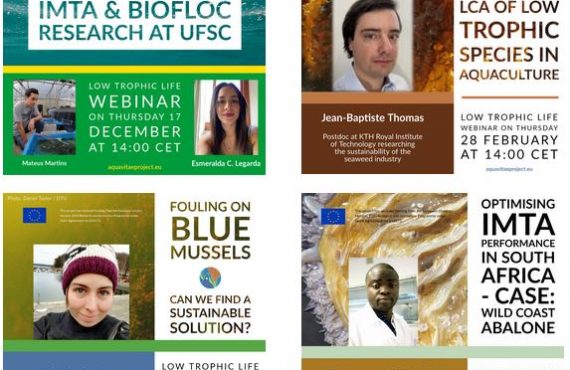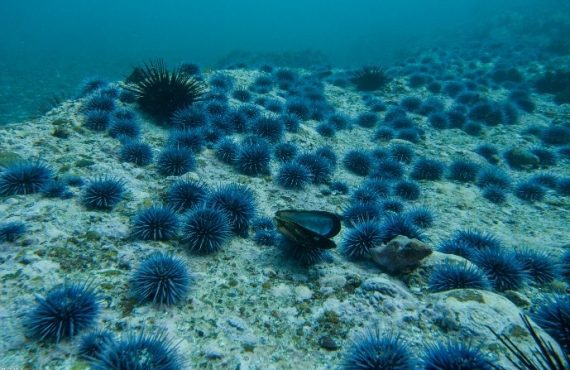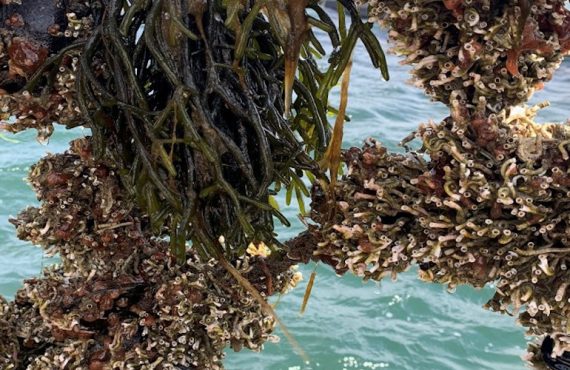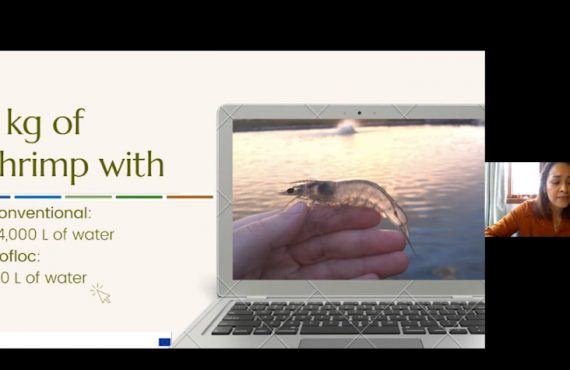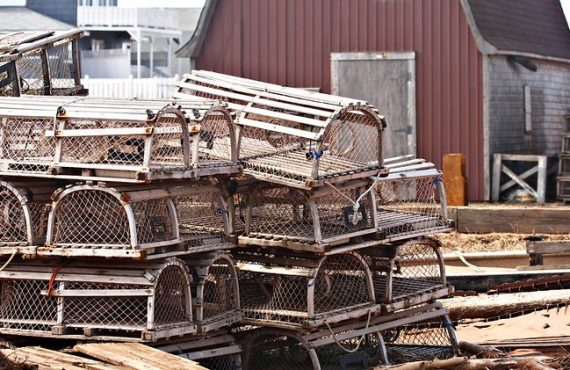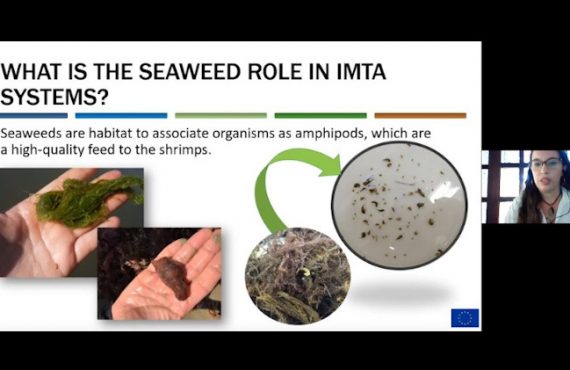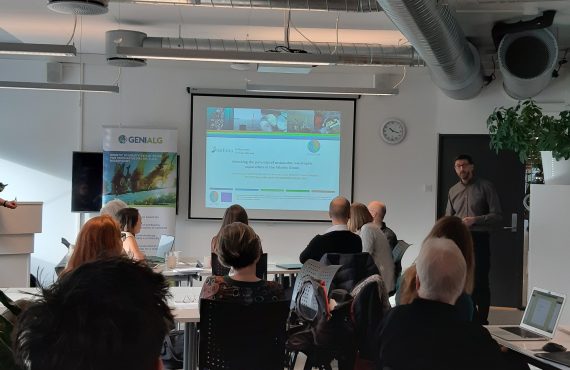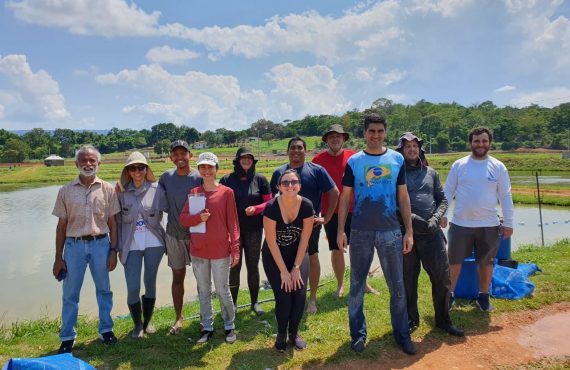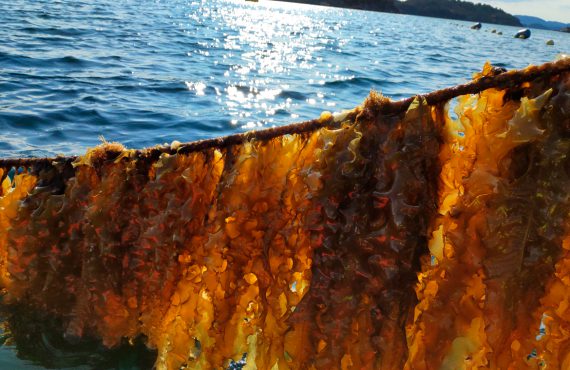Collage with women partners in AquaVitae
Today we celebrate the incredible women without whom the AquaVitae project would not be possible!
According to the European Commission, in 2019, women represented 23% of the workforce in the aquaculture sector, and just 3 out of 10 women are scientific researchers, says a FAO analysis.
Unfortunately, there are still barriers to tackle and issues to address to break the existing gender gap that has become wider after the pandemics. That is why there is a need to enhance gender-sensitive recovery.
Our tribute goes to all those women behind the scenes: they contribute in many sectors; however, sometimes, they are invisible. In fisheries and aquaculture, women have a role in the whole supply chain, even if their figure is not present: from the harvesting to the trade and distribution, women are involved in all the activities within the sector. Nevertheless, they are often not taken into account in the decision-making process or considered in the fisheries and aquaculture management plans. And they should. In every discipline. In every country. In every continent.
This tribute wants to highlight the importance of gender equality in all social, environmental and economic aspects: wages, health, training, and career opportunities.
With that in mind, today is a day to celebrate the outstanding achievements and hard work of all women in the AquaVitae consortium! We want to thank each and every woman for making this project a success, and we want to thank the women who have engaged with AquaVitae throughout the two and half years: PhD students contributing with their research, webinar presenters sharing their knowledge, student exchanges and industry apprentices, and all those who are continuously contributing to creating a more sustainable low trophic aquaculture and a better world for all of us to live in.
A special achievement
Márcia Kafensztok, our partner from Primar Aquacultura, was awarded first place in the Women of Agro 2021 Award in the Small Property Category. Her company is set in Tibau do Sul, Brazil and researches the possibilities of Brazilian native oyster production and IMTA systems in Brazil, the first ecological farm certified in Brazil. Márcia´s work is based on shrimp and oysters production at a large scale, but she also wants her farm to be a reference research institute.
